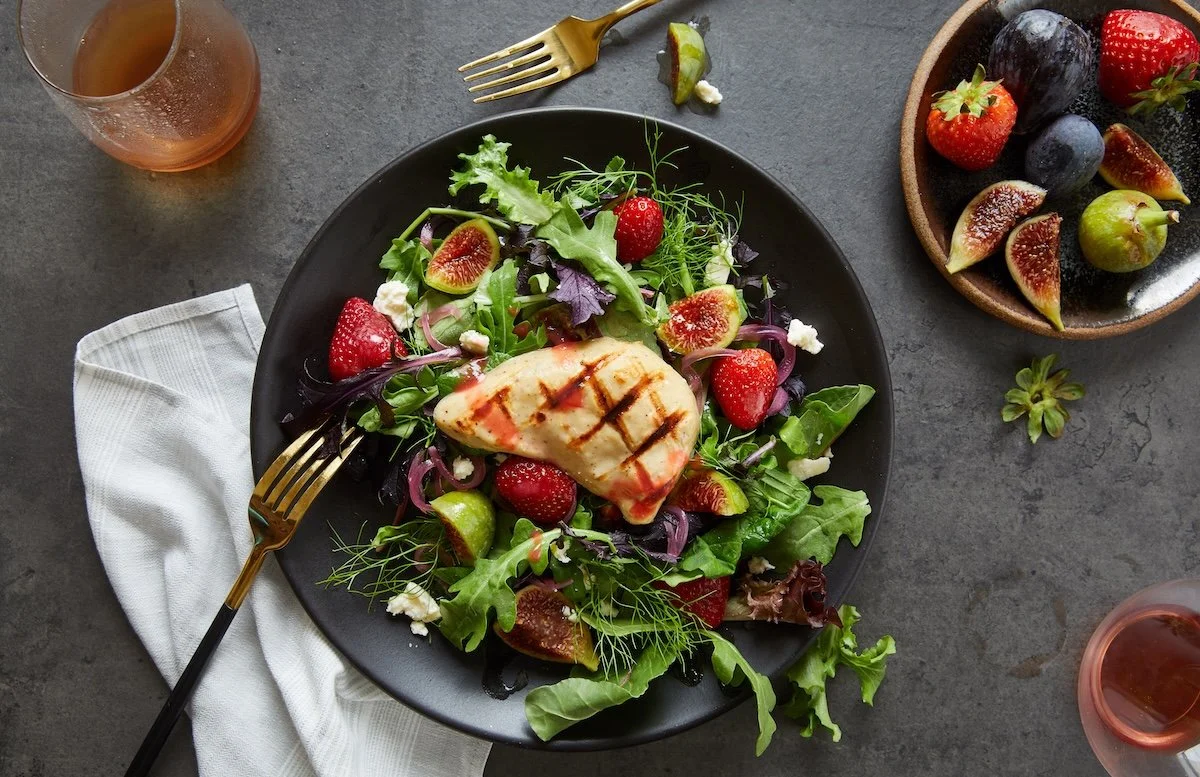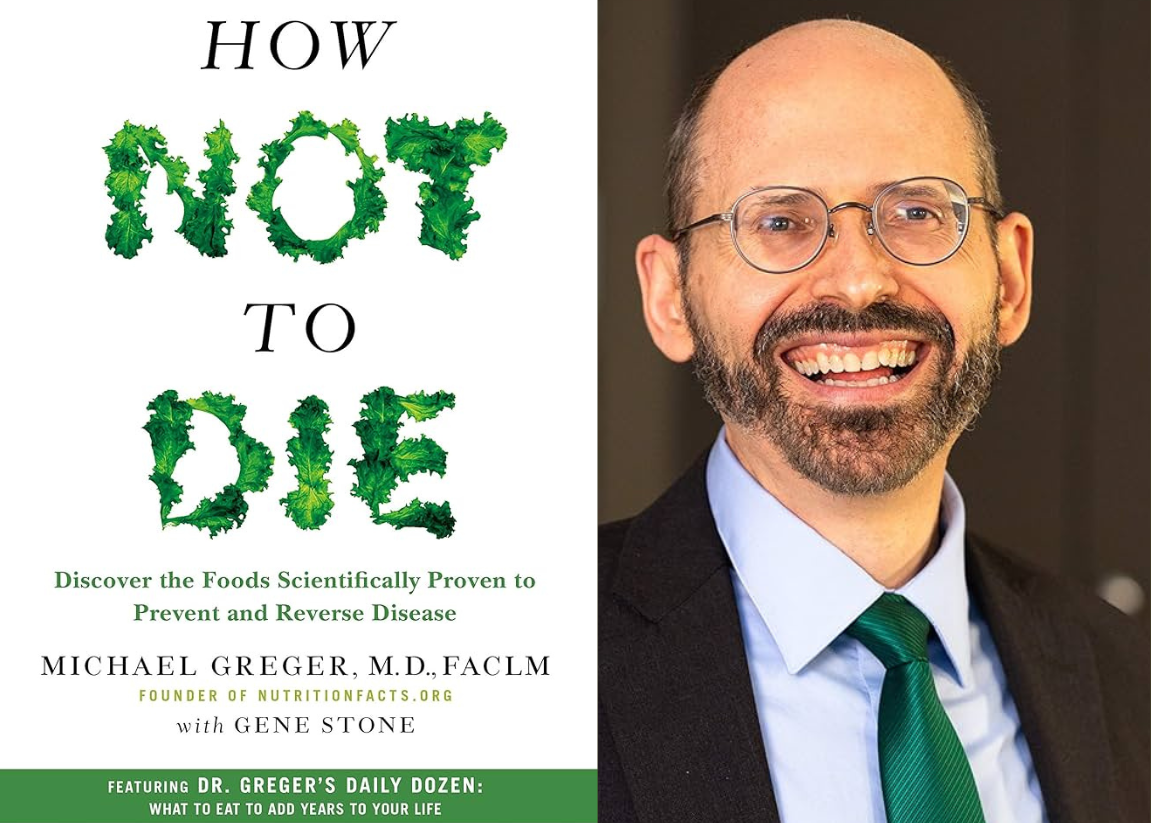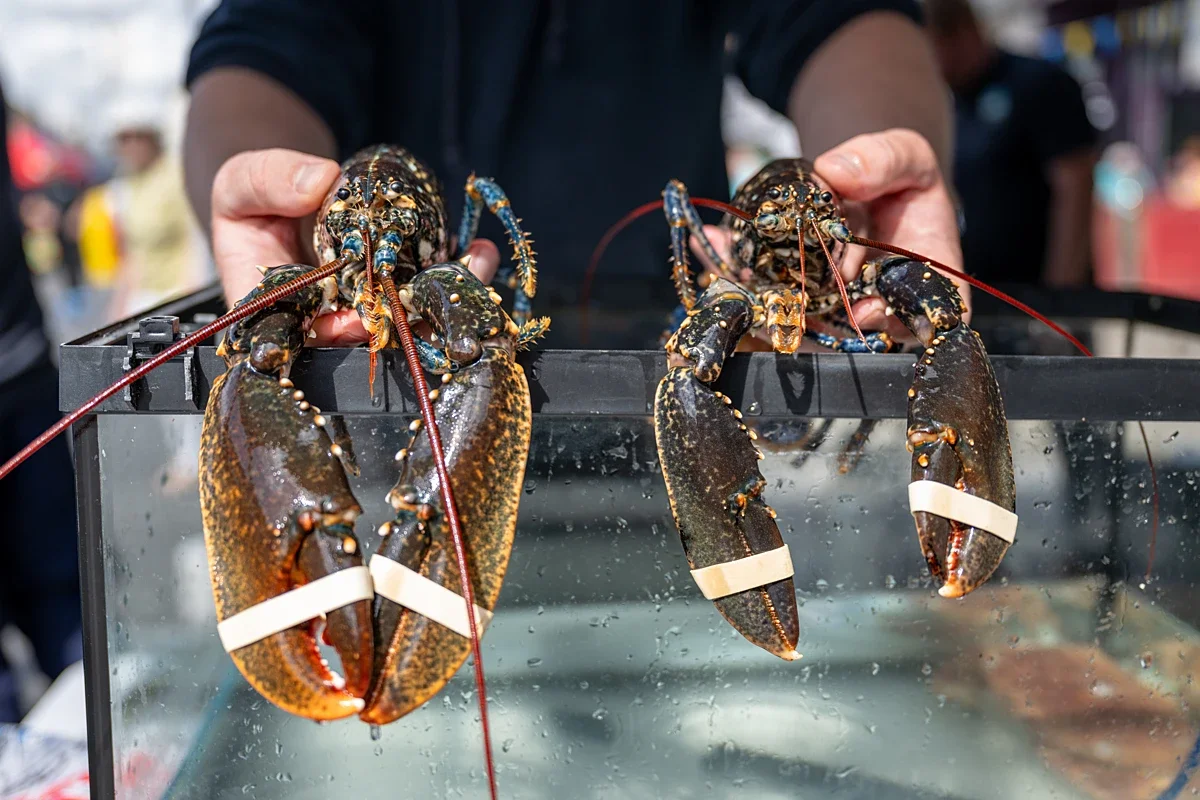‘Hinders American innovation’: Alabama bans cultivated meat
Alabama has become the second US state to prohibit the production and sale of cultivated meat, following Florida’s recent ban.
Alabama has become the second U.S. state to ban cultivated meat, an alternative protein produced directly from cells without the need to slaughter animals.
The move comes just a week after Florida prohibited the sale of cultivated meat, becoming the first state to do so, citing the food product as a threat to the state's animal agriculture.
The Alabama bill, proposed by Sen. Jack Williams, signed into law on May 7 by Gov. Kay Ivy, outlaws "the manufacture, sale, or distribution of food products made from cultured animal cells."
Violators of the new law, which goes into effect on October 1, 2024, will face a misdemeanor, potentially leading to a $500 fine and up to three months behind bars. Businesses found to be selling cultivated meat could have their food safety permits suspended or revoked
With more than 92 land animals farmed for food every year, the climate impacts of animal agriculture are devastating. It contributes up to one-fifth of planet-warming emissions, is the leading cause of deforestation, and is responsible for significant biodiversity loss and pollution.
Cultivated meat is a leading solution to reduce the world’s reliance on farming and killing animals. Meat consumption is projected to rise by 50 percent by 2050, but rather than championing this crucial solution that could offer people real meat without the climate and ethical devastation, politicians like DeSantis and Willians are attempting to stifle it to protect the animal agriculture industry.
"We must protect our incredible farmers and the integrity of American agriculture," Florida Commissioner of Agriculture Wilton Simpson said in a press release announcing the signing of the state's ban. "Lab-grown meat is a disgraceful attempt to undermine our proud traditions and prosperity, and is in direct opposition to authentic agriculture."
Two companies, Upside Foods and Good Meat, have so far received safety clearance from the FDA and the USDA to sell their cultivated meat in the US. However, it is not available in restaurants or supermarkets yet as the industry continues to overcome scale-up challenges.
Global funding for cultivated meat and seafood companies, of which there are more than 100, reached $225.9 million in 2023 and a total of more than $3 billion since 2013, according to the Good Food Institute, a nonprofit that is working to build a more sustainable food system.
GOOD Meat chicken breast and greens. Credit: Eat Just, Inc.
Supporters of cultivated meat have slammed the new laws. “With these shortsighted laws, Alabama and Florida politicians are trampling on consumer choice and criminalizing agricultural innovation,” says Pepin Andrew Tuma, legislative director at the Good Food Institute.
“At a time when American farmers and manufacturers face stiff competition around the world, states can either support new initiatives that create thousands of good-paying jobs, or they can play politics and police the foods people eat,” said Tuma. “When they’re done with distractions and political theater, we hope these public servants will remember their former affinity for free markets and free speech.”
Upside Foods has also criticized the bans, arguing that they deny consumers the option to make their own food decisions. "Legislation that bans cultivated meat is a reckless move that ignores food safety experts and science, stifles consumer choice, and hinders American innovation,” Sean Edgett, Chief Legal Officer for food technology company Upside Foods, said in a statement. “It makes politicians the food police, and it ignores the food safety experts at USDA and FDA who have deemed it safe."
Good Meat mirrored this, voicing their concern about the bans. “This legislation has always been about one thing – helping one industry, “Big Ag”, avoid accountability and competition. Today, these multinational corporations and their lobbyists won. China will also be celebrating, as they are closer to overcoming our nation’s lead in this emerging sector.”
In response to the Alabama and Florida bans, Upside Foods has started a petition urging consumers to tell politicians "to stop policing" their dinner plates.
We Have A Favor To Ask…
Species Unite amplifies well-researched solutions to some of the most abusive animal industries operating today.
At this crucial moment, with worldwide momentum for change building, it’s vital we share these animal-free solutions with the world - and we need your help.
We’re a nonprofit, and so to keep sharing these solutions, we’re relying on you - with your support, we can continue our essential work in growing a powerful community of animal advocates this year.





